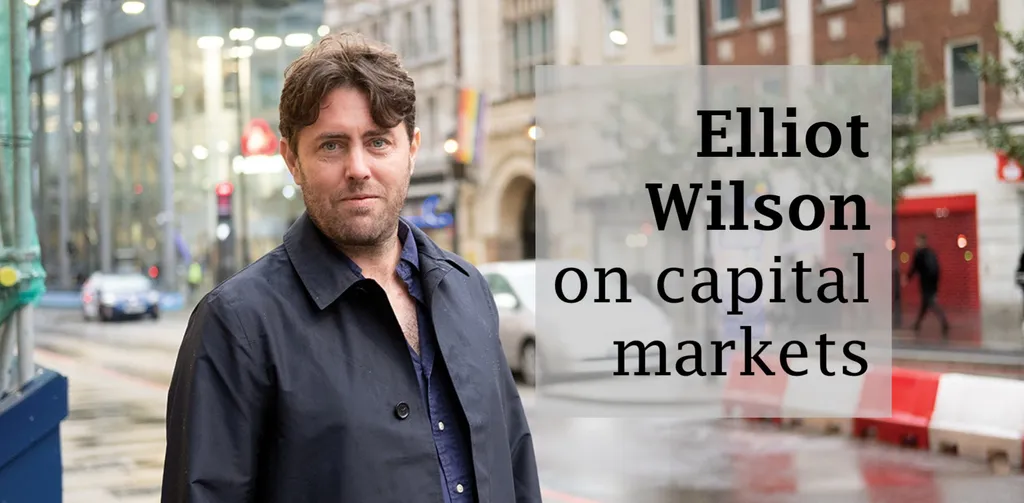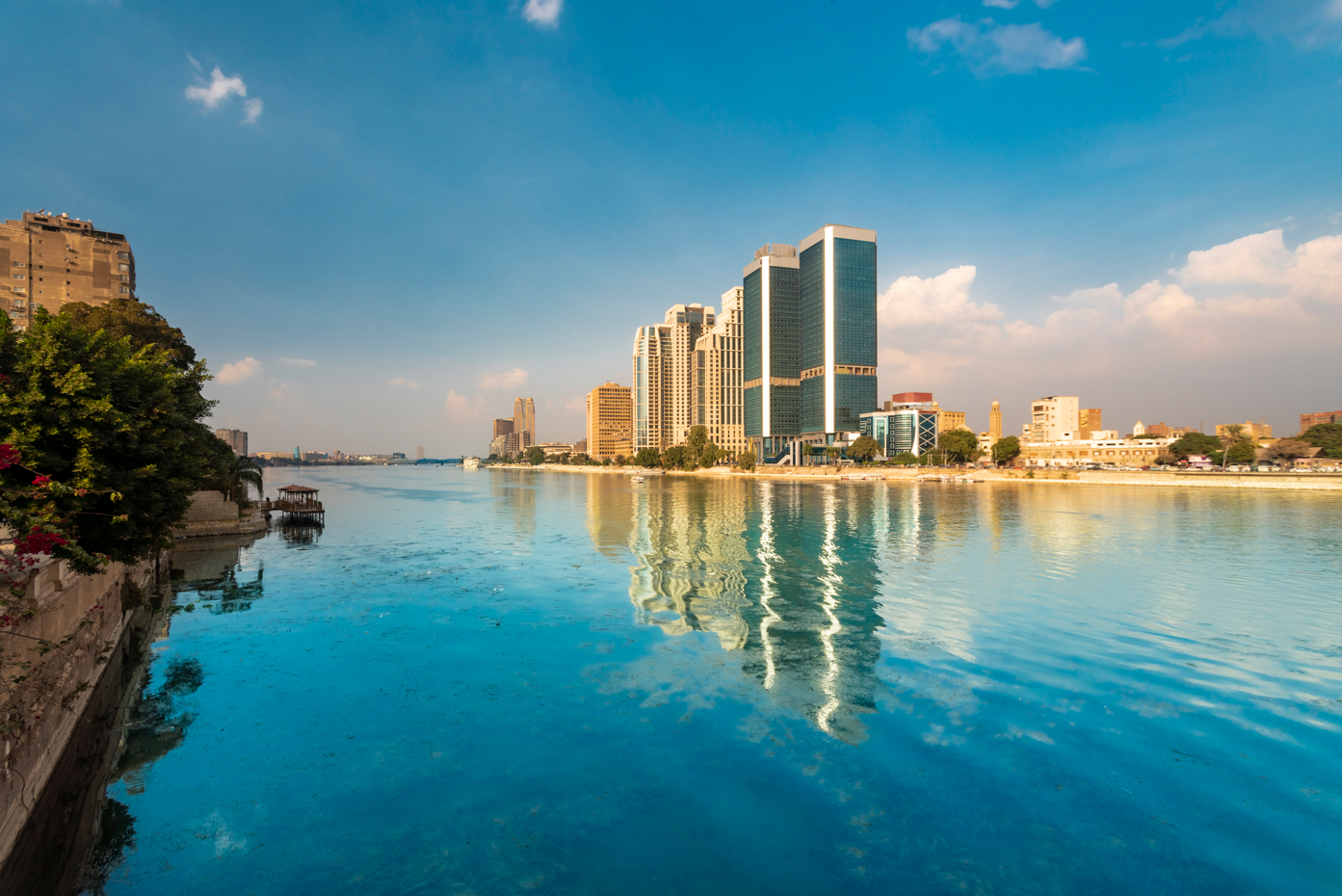Hong Kong Exchanges and Clearing (HKEx), owner of the Hong Kong Stock Exchange (HKSE) and the London Metal Exchange, is due to open its latest international office in London’s Finsbury Square on Wednesday, a few yards outside the City’s dragon-guarded borders.
HKEx chief executive Nicolas Aguzin is due to be present, having unveiled plans to add a fifth office to the group’s global roster in March. The aim is simple enough: to leverage London’s strength to convince global firms to sell shares in Hong Kong and to encourage international – particularly European – investors to put capital to work in Asia’s struggling financial hub.
“The new office will promote the attractiveness of HKEx’s international equities franchise, its exclusive connectivity with mainland China’s capital markets, and its rapidly expanding derivatives product suite,” the group said in March.
The office will be overseen by EMEA head of business development Raymond Wong, who will report to HKEx’s co-head of sales and marketing, Kevin Rideout. In a pre-recorded video released Tuesday, Aguzin said a larger footprint would “further drive diversity, vibrance and ultimately liquidity in in our market.”
Focus on the outlook
Let us skate over the assertion that London is still, as HKEx declared in March, “one of the world’s most dynamic and vibrant” financial cities. In many ways it is – but UK chip designer Arm’s decision to raise up to $4.87 billion in New York hardly helped its cause. Indeed, on August 14, HSBC strategists described the UK market as less of a “must have” for global investors.
Instead, lets focus on the outlook for Hong Kong’s primary capital markets.
Thanks largely to the number of Chinese firms listed on the HKSE, not to mention Stock Connect, a scheme that binds Hong Kong’s main bourse to boards in Shanghai and Shenzhen, the city retains some of its international allure.

Some – but not all. When Aguzin, a former head of JPMorgan’s Asia business, was hired in February 2021, the move was welcomed by many. A charismatic banker well known in London and New York, his appointment was seen as a statement of intent by a bourse that had grown one-dimensional, too dependent on listings and capital flows from the mainland.
That Beijing shut its borders as well as Hong Kong’s for three years – making international travel for the city’s bankers a quarantine-filled nightmare – is not Aguzin’s fault. Since they were reopened earlier this year, his travel schedule has been manic.
HKEx opened its New York office in June (it also has branches in Beijing, Shanghai and Singapore, perhaps with more to come). It signed agreements to promote dual listings with bourses in Beijing, Jakarta and Riyadh. And in March, Chinese investors were allowed for the first time to trade, via the southbound Stock Connect, Hong Kong-listed shares, starting with the likes of US luggage maker Samsonite and French skincare firm L’Occitane.
But shaking hands and paying for new office furniture will only get Aguzin so far. Hong Kong has endured a torrid 2023. In the year to September 5, just 34 companies completed IPOs in the city, raising $2.54 billion, according to Dealogic. Both are even more abysmal than last year’s dismal numbers – the worst since 2003 in fact.
HKEx states proudly on its website that Hong Kong is ranked number one in terms of IPO volumes in seven of the last 13 years. But it wasn’t the world’s leader last year and it won’t be this time around. Four of the top eight exchanges, as ranked by new listing volumes this year, are Chinese, and none of them is in Hong Kong.
The salad days of 2020, when 134 IPOs were completed over a 12-month period, raising $32.6 billion, seem a lifetime ago. A senior investment banker in Hong Kong said he does not expect Hong Kong’s IPO market to pick up “until the middle of next year, or even the third quarter of 2024”.
Two challenges
HKEx executives face two key challenges in making Hong Kong’s capital markets more internationally competitive and relevant.
The first involves a general and growing lack of confidence in China. Investors put money to work in Hong Kong-traded shares linked to China’s growth story because they believe in its future. Yet now, riven by waning business and consumer confidence, deflation, a cratering property sector and real growth concerns, that is being called into question.
Foreign investors are fleeing Chinese stocks. Recent moves by Beijing to cut interest rates and boost property sales barely moved the needle. The Hang Seng index is down 8.3% this year and the Shanghai composite is off 7.2% since early May – the point when investors first noticed the inert nature of China’s post-Covid ‘rebound’. By contrast, the Nasdaq is up 35% this year.
Everyone present at the London office opening knows this, just as they will be aware that, for instance, average daily turnover on Hong Kong’s main board in the first half of the year was HK$115 billion ($14.66 billion), down 16% year on year. None of this helps Hong Kong promote its capital markets to global investors.
Good luck to them, but the reality is that few international corporates think of Hong Kong when mulling a listing
The second challenge is an extended lack of interest evinced by regulators in attracting non-China issuers. This has been going on for years.
Aguzin and his team are bouncing around the world, opening offices and tying up alliances with bourses far and wide – and good luck to them. But the reality is that few international corporates automatically think of Hong Kong when mulling a listing. The last blockbuster IPO by a non-China company on the HKSE was Prada’s $2.47 billion share offering in 2011.
There are signs of life and hope. New York-based Insilico Medicine, which uses AI to unearth new drug treatments, hopes to raise $200 million via a Hong Kong stock sale. Jakarta-based courier firm J&T Express wants to raise between $500 million and $1 billion via a stock offering and is said to have hired Bank of America and Morgan Stanley to help with the sale.
Aguzin and his team are going about promoting Hong Kong as a global primary listing venue the right way. They are speaking to global investors, opening offices, tying up deals and putting the city’s capital markets front and centre.
But this is going to be a long-term project, and there is no guarantee of success. Investors need to believe in Hong Kong, and for that to happen, they need to believe in China.
That trust should return in time. Right now, it is in short supply.




